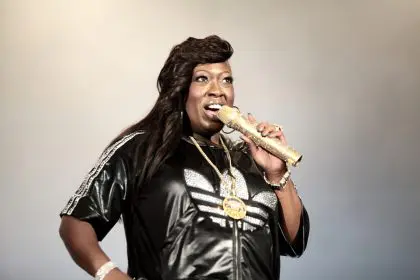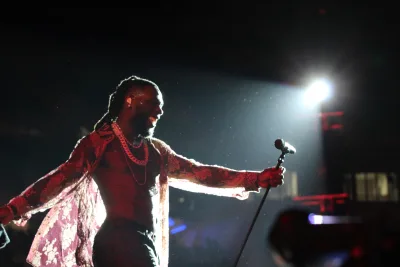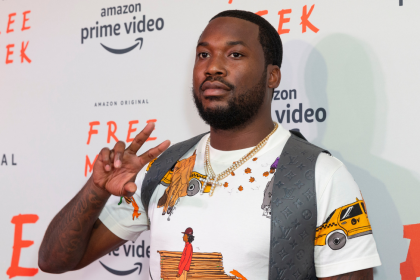This year’s Super Bowl featured R&B singer Ledisi performing the Black National Anthem, “Lift Every Voice and Sing.” This tradition began in 2020 and has become an integral part of the NFL’s pre-game ceremonies, highlighting the league’s commitment to diversity and inclusion.
The significance of “Lift Every Voice and Sing”
Originally penned as a poem by NAACP leader James Weldon Johnson in 1900, “Lift Every Voice and Sing” was later set to music by his brother, John Rosamund Johnson. The song was first performed publicly to commemorate President Abraham Lincoln’s birthday. Over the years, it has evolved into a powerful anthem for the African American community, symbolizing resilience and hope.
The NAACP officially adopted the song, and its themes of faith and freedom resonated deeply during the civil rights movement of the 1950s and 1960s. Today, it serves as a reminder of the struggles and triumphs of Black Americans throughout history.
Controversy surrounding the anthem’s performance
Despite its rich history and cultural significance, the performance of the Black National Anthem at the Super Bowl has sparked controversy. Some critics, including Rep. Lauren Boebert (R-CO), have expressed their discontent, claiming that the NFL’s decision to include the anthem is divisive. Boebert’s comments on social media reflect a broader cultural debate surrounding the inclusion of multiple anthems in American sports.
“America only has ONE NATIONAL ANTHEM. Why is the NFL trying to divide us by playing multiple!? Do football, not wokeness,” — Lauren Boebert
In contrast, cultural commentators argue that the anthem’s performance should be viewed as a celebration of Black identity rather than a political statement. Gerald Early, a pop culture essayist and professor at Washington University in St. Louis, emphasized that the song represents Black affirmation and perseverance.
The intersection of sports and politics
The ongoing debate over the Black National Anthem is part of a larger culture war that intertwines sports and politics. Figures like Donald Trump and Boebert often attempt to frame sports as a refuge from political issues while simultaneously engaging in political discourse surrounding athletic events.
Dr. Harry Edwards, a pioneer in sports sociology, has long argued that sports are inherently political. He points to historical moments, such as the 1968 Olympics protest by Tommie Smith and John Carlos, as evidence of the intersection between athletics and activism. Edwards noted that athletes like Colin Kaepernick have faced significant backlash for using their platforms to address social issues, highlighting the risks involved in such actions.
The performance of “Lift Every Voice and Sing” remains a focal point of discussion. While some may view it as a divisive act, many see it as an essential acknowledgment of the contributions and struggles of Black Americans. Days ahead of its 125th anniversary, Ledisi’s rendition honored the song’s legacy but also served as a reminder of the ongoing fight for equality and justice.
In a time of high cultural tensions, the Super Bowl offers a unique platform to celebrate diversity and unity through music and sports. As the nation tunes in, the performance of the Black National Anthem will resonate with those who understand its significance and the history it represents.
The inclusion of “Lift Every Voice and Sing” at Super Bowl LIX is more than just a musical performance; it is a celebration of Black culture and a reminder of the ongoing struggle for equality.
Related Reading: Critics speak Out against Tasha Cobbs Leonard’s Black National Anthem performance

















